Egyptian Presidential Spokesperson Ahmed Fahmy announced that in a phone call on December 9, President Abdel Fattah al-Sisi and his Russian counterpart Vladimir Putin agreed to continue efforts to achieve a ceasefire in the Gaza Strip.
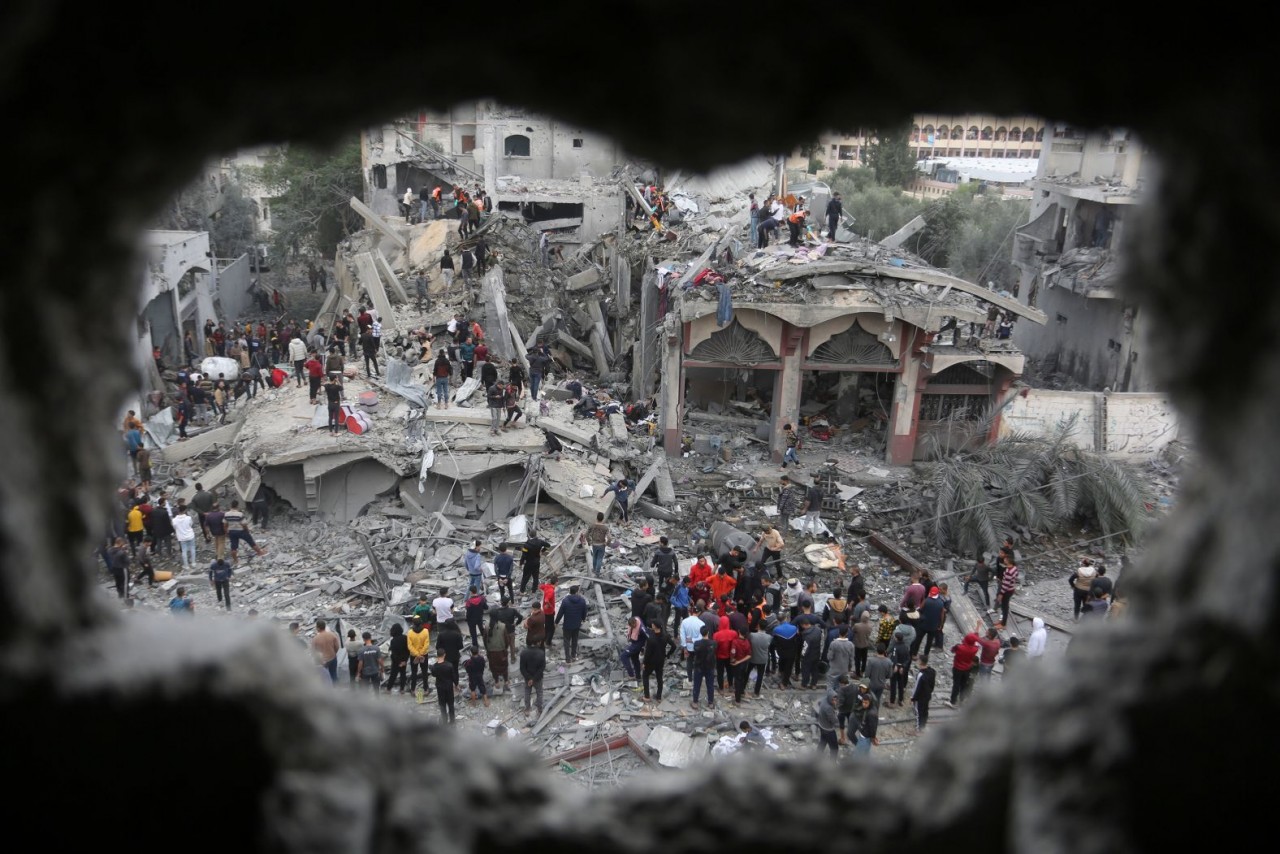 |
| Palestinians search for survivors after an Israeli attack in Rafah, Gaza Strip, November 22. (Source: AP) |
According to TASS , on Facebook, the spokesman stated: “The phone call focused on the situation in the region, especially in the Gaza Strip, amid the tense political and humanitarian situation. In addition, the two sides also discussed “Egypt’s efforts to transport most of the humanitarian aid needed to support the people in the Gaza Strip”.
Mr Al-Sisi and Mr Putin agreed to "continue to seriously work towards a ceasefire (in the region), as well as ensure that the international community takes responsibility for achieving this goal".
In a related development, Xinhua News Agency on December 9 quoted an announcement from the United Nations Office for the Coordination of Humanitarian Affairs (OCHA) saying that since December 3, tens of thousands of Palestinians evacuated to Rafah, the southernmost point of the Gaza Strip, are facing overcrowding and needing shelter.
Most of them came from the nearby city of Khan Younis following an evacuation order and constant bombing by Israeli forces.
People set up tents and temporary shelters in the area where Qatar's field hospital and Al-Quds Open University are being built in Rafah, according to OCHA.
According to the United Nations (UN), an estimated 1.9 million people in Gaza, equivalent to about 85% of the population in the besieged strip, have had to leave their homes for other areas in the territory.
Meanwhile, Reuters news agency on December 9 quoted Mr. Carl Skau, Deputy Executive Director of the United Nations World Food Program (WFP), saying that the process of checking humanitarian aid goods into Gaza is being tested at Israel's Kerem Shalom border gate, and at the same time, activities to allow trucks carrying humanitarian aid goods into Gaza through this border gate are still underway.
Under the new procedure, trucks will travel from Jordan to the Kerem Shalom border crossing between Israel, Gaza and Egypt, then enter Gaza via Egypt's Rafah border crossing 3 km away.
However, according to Mr. Skau, trucks carrying humanitarian aid need to be allowed to enter Gaza directly from the Kerem Shalom border crossing to improve the humanitarian situation there.
So far, Israel has refused requests from the UN and other parties to open the Kerem Shalom crossing. However, on December 7, the Jewish state signaled that the Kerem Shalom crossing could soon be used to transport humanitarian aid into Gaza.
Source






















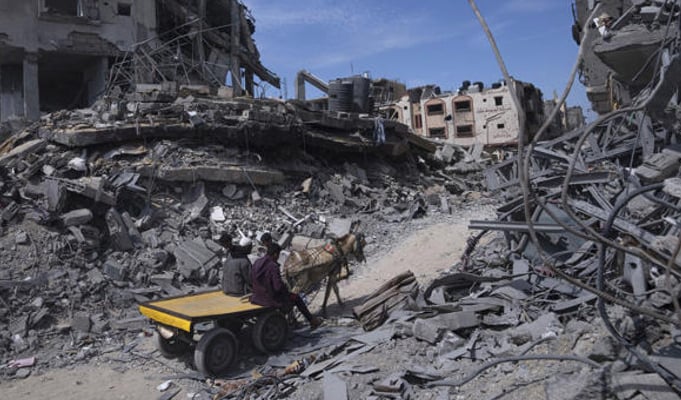

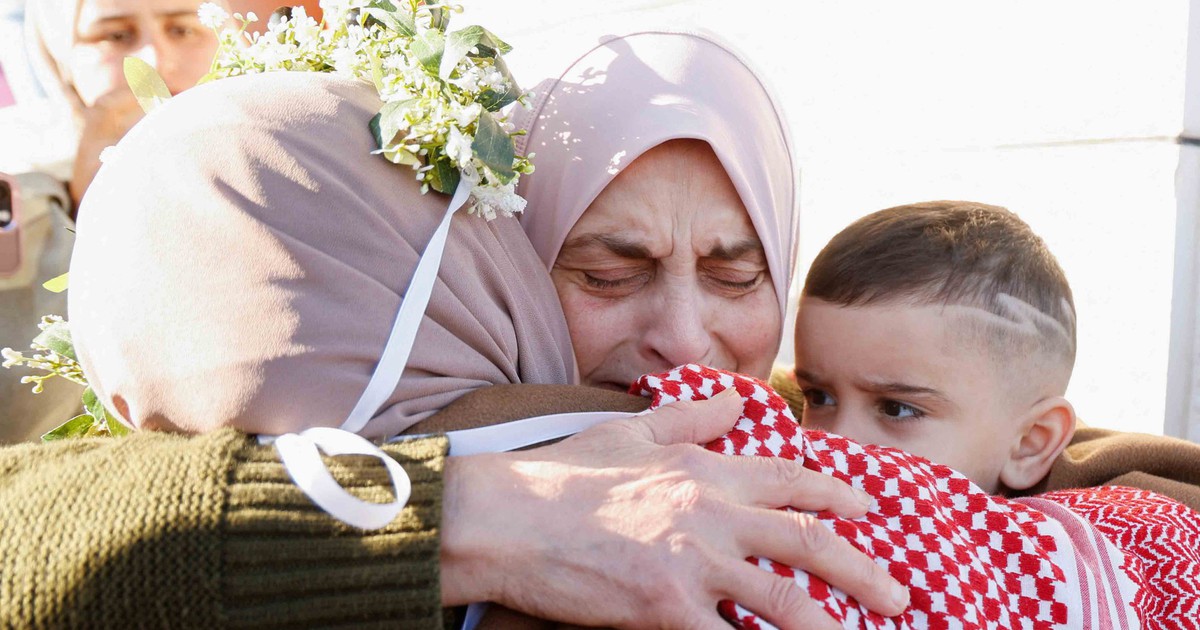

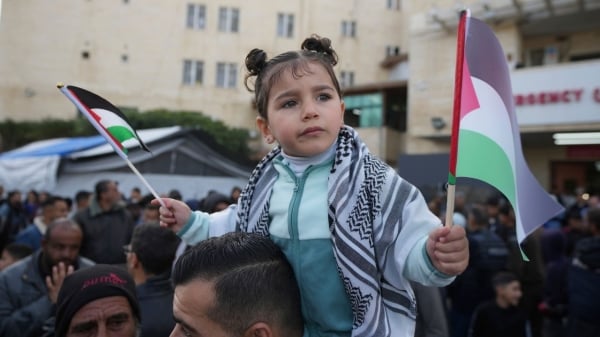
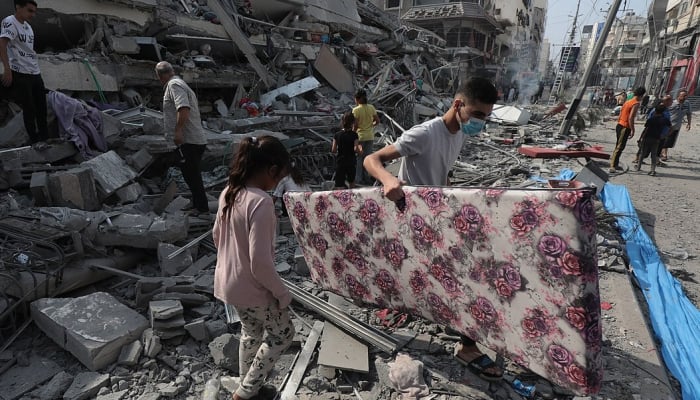
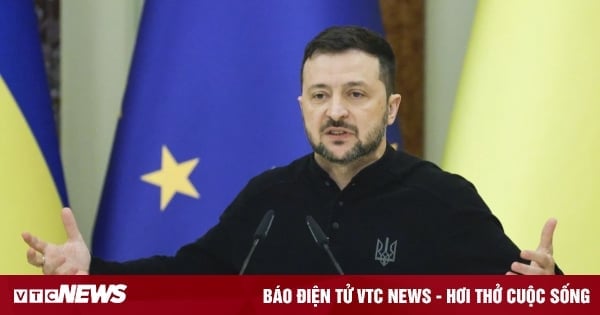

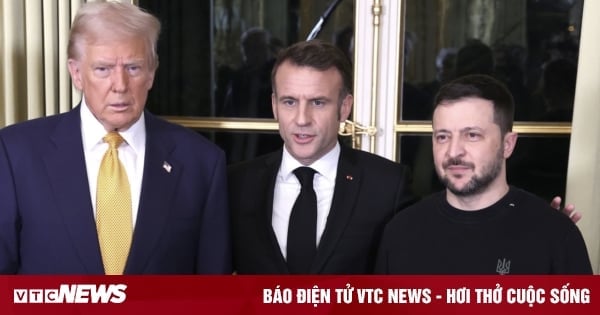
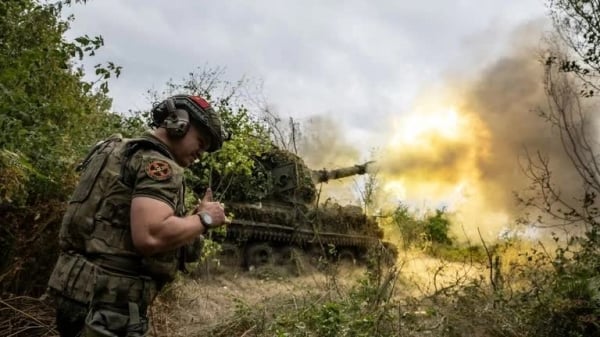
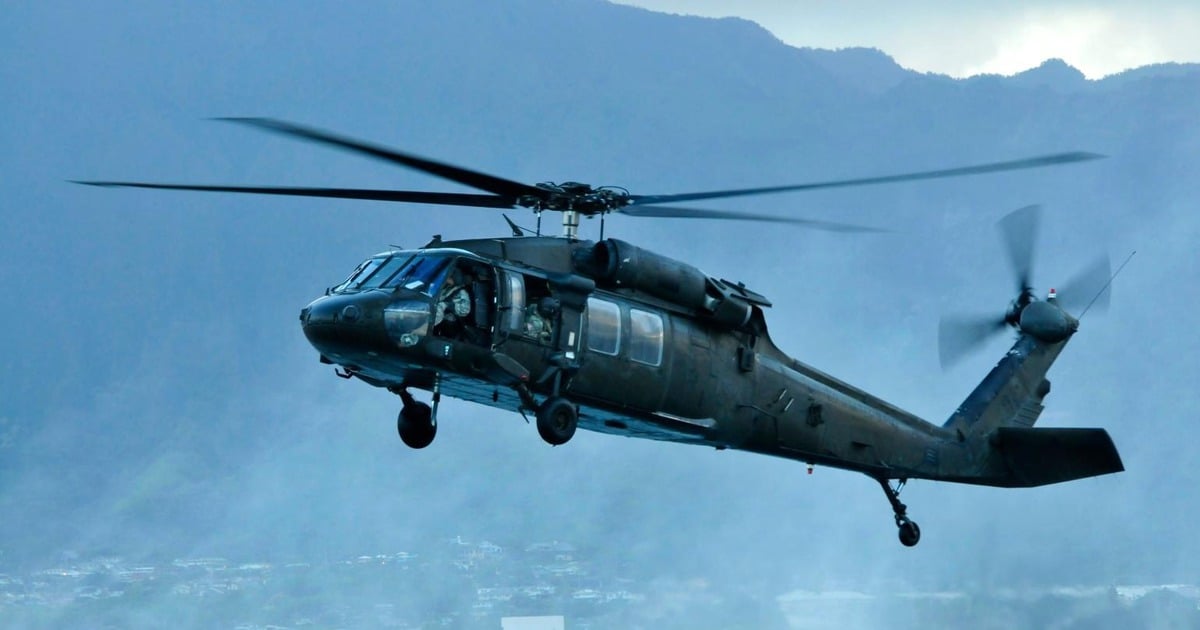
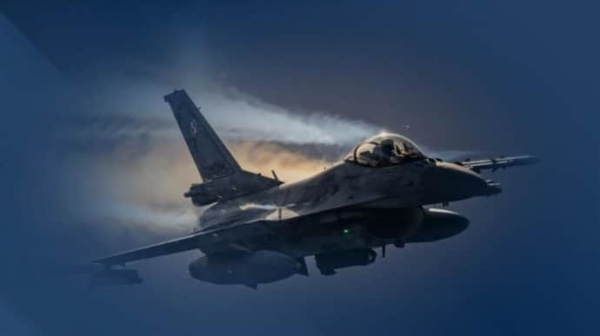
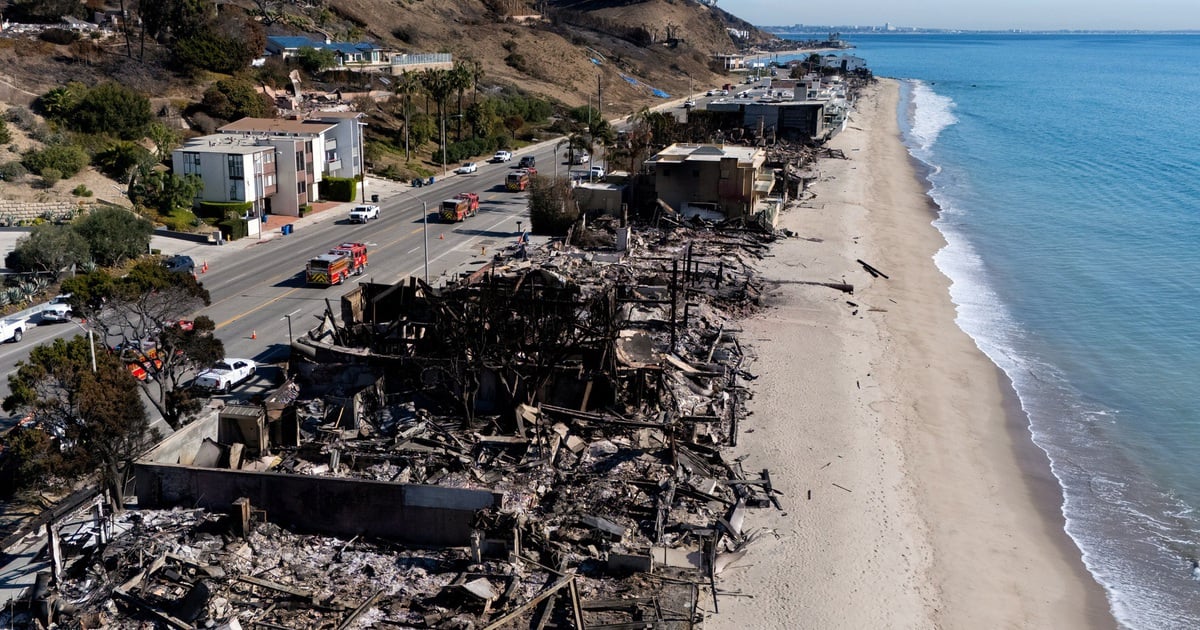

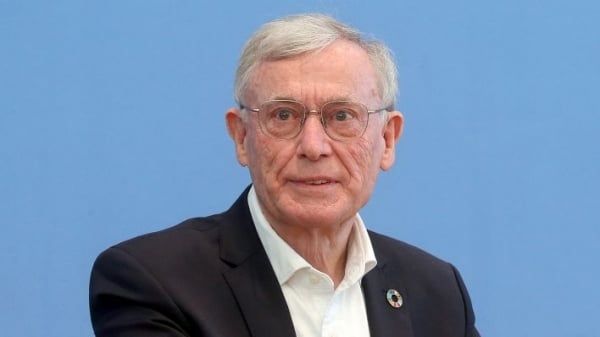

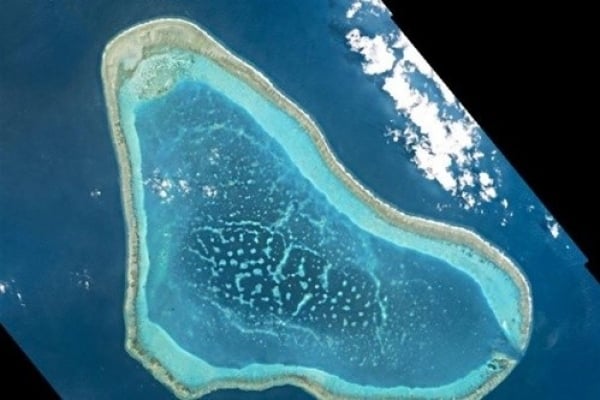
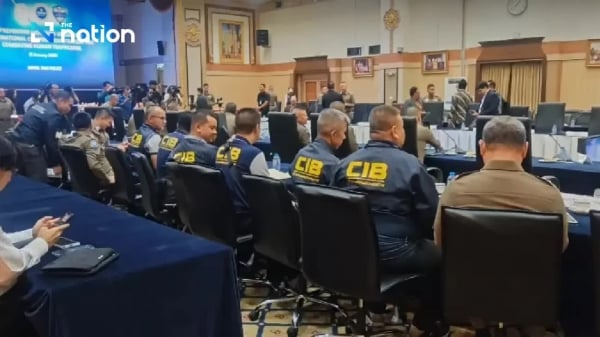



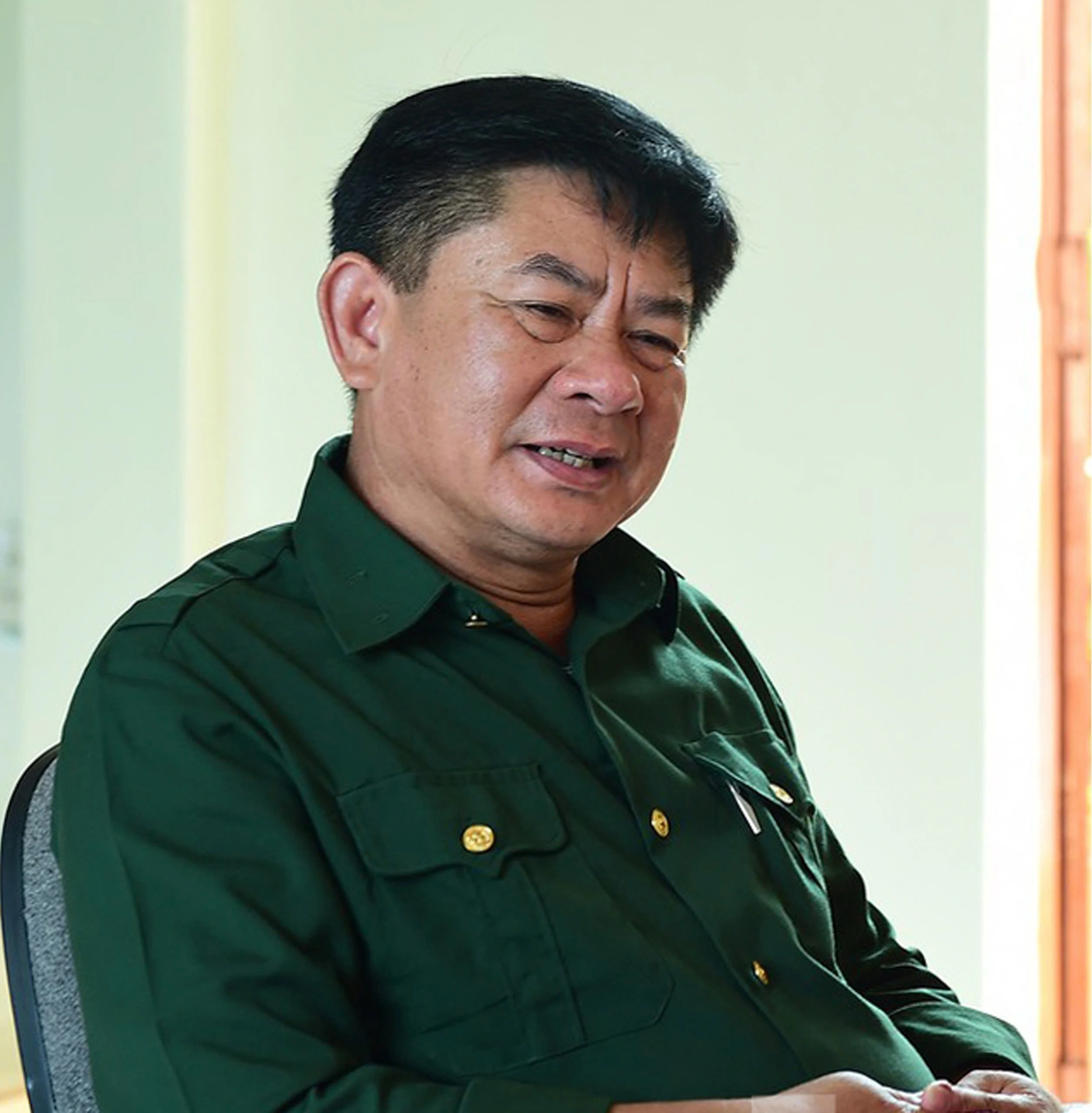









Comment (0)